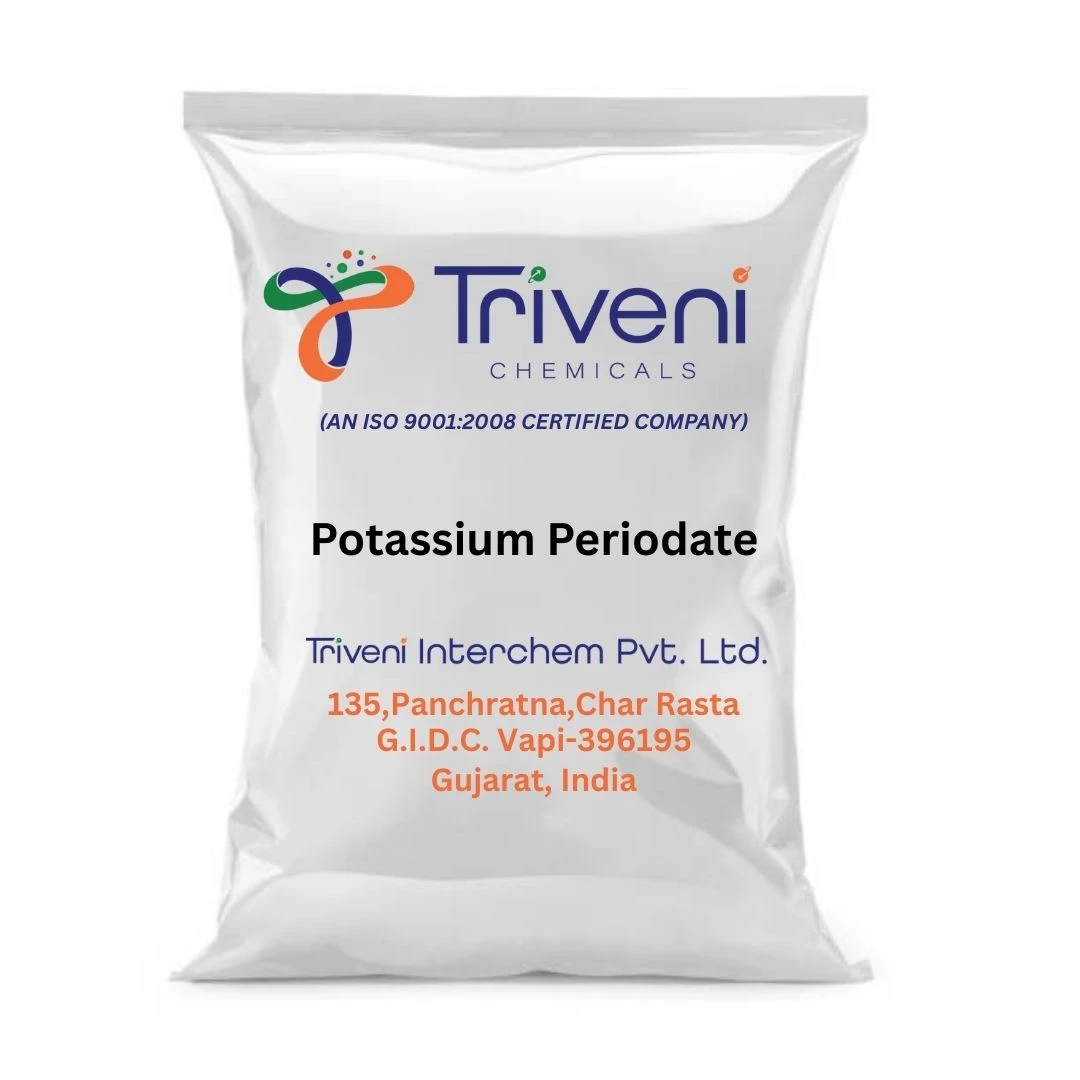An essential part of contemporary engine systems, a fuel oxidation catalyst (FOC) lowers hazardous emissions and improves fuel efficiency. This catalyst is essential for the oxidation of carbon monoxide (CO) and unburned hydrocarbons (HC) into less dangerous compounds like water (H2O) and carbon dioxide (CO2). An in-depth examination of the..
An essential part of contemporary engine systems, a fuel oxidation catalyst (FOC) lowers hazardous emissions and improves fuel efficiency. This catalyst is essential for the oxidation of carbon monoxide (CO) and unburned hydrocarbons (HC) into less dangerous compounds like water (H2O) and carbon dioxide (CO2). An in-depth examination of the role and importance of a fuel oxidation catalyst is provided below: What a Fuel Oxidation Catalyst Does Transformation of Dangerous Emissions: The principal purpose of a fuel oxidation catalyst is to change toxic pollutants from combustion into less toxic byproducts. Pollutants hydrocarbons (HC) and carbon monoxide (CO) are created when fuel is burned in part. These chemicals can oxidize into less toxic forms more easily thanks to the FOC. Encouraging Oxidation processes: Active elements including rhodium, palladium, and platinum are found in the FOC and work as catalysts to encourage oxidation processes. These catalysts facilitate the reaction between the HC and CO molecules and oxygen (O2) in the surrounding air by lowering the activation energy needed for the oxidation process. Enhanced Fuel Efficiency: The FOC contributes to enhanced fuel efficiency by facilitating a more thorough burning of fuel. The vehicle gets greater mileage when more fuel is consumed because less fuel is wasted as unburned hydrocarbons. Cold Start Performance: An FOC's capacity to function well at cold starts is one of its most important features. Incomplete combustion is more common and engines are less efficient in cold weather. By encouraging oxidation even at lower temperatures and lowering emissions during this critical stage, the FOC helps to minimize this. Importance of a Fuel Oxidation Catalyst (FOC) in Reducing Vehicle Emissions: Using a FOC dramatically lowers vehicle emissions of carbon monoxide (CO) and hydrocarbons (HC). Ensuring compliance with emission limits and enhancing air quality, particularly in densely trafficked metropolitan areas, is imperative. Environmental Impact: FOCs help to lessen the negative effects of car emissions on the environment by transforming toxic pollutants into less toxic compounds like CO2 and H2O. In order to address climate change issues and advance sustainable transportation, this is essential. Regulatory Compliance: FOCs are necessary for automakers to adhere to the strict emission requirements that are in place globally. There may be penalties and fines for not upholding these requirements. In summary, an essential part of contemporary car emissions control systems is a fuel oxidation catalyst. FOCs contribute significantly to the reduction of vehicle emissions, enhancement of fuel efficiency, and maintenance of regulatory compliance by encouraging the oxidation of dangerous pollutants into less harmful molecules.



